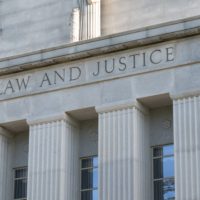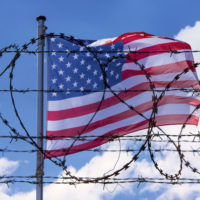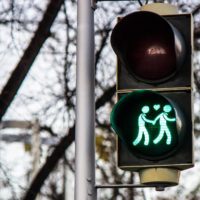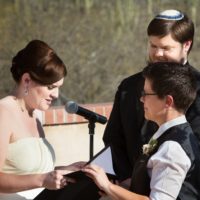West Point cadet Peter Zhu, who was unmarried, died after a skiing accident on February 23, Judge allows parent to use harvested sperm.
He had been found unresponsive on a ski slope on the grounds of the military academy in upstate New York. Zhu was then taken to a hospital, where he was declared brain dead days later. Judge now rules that parents may use their son’s harvested sperm.
In March, his parents petitioned the court to allow the hospital to have their son’s harvested sperm retrieved and frozen at the same time harvest his organs for donation.
The petition was granted and the sperm was preserved at a sperm bank after the retrieval. His organs were also harvested to help those waiting for a lifesaving transplant before he was buried in the West Point Cemetery.
According to CNN, the Supreme Court Justice John Colangelo’s ruling gave Zhu’s parents the ability to attempt conception with a surrogate mother using their late son’s sperm. “At this time, the court will place no restrictions on the use to which Peter’s parents may ultimately put their son’s sperm, including its potential use for procreative purposes,” Colangelo wrote. “They shall possess and control the disposition and potential use of their son Peter’s genetic material.”
Zhu’s case isn’t the first incident of this type, according to AP.In 2007, a court in Iowa authorized recovery of a man’s sperm by his parents to donate to his fiance for future procreative use. In 2009, a Texas woman got a judge’s permission to have her 21-year-old son’s sperm extracted after his death, with the intention of hiring a surrogate mother to bear her a grandchild.
StandardMedia.com, May 30, 2019, by Charles Odero
Click here to read the entire article.
The post Parents can use sperm harvested from their dead son to make grandchildren, judge rules appeared first on Time For Families.
Source: Time for Families










